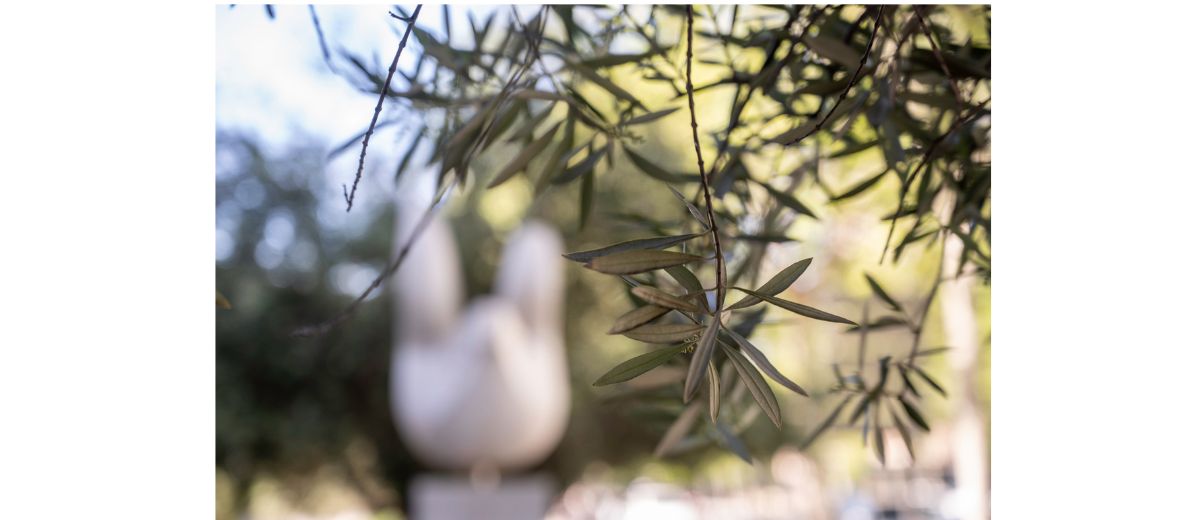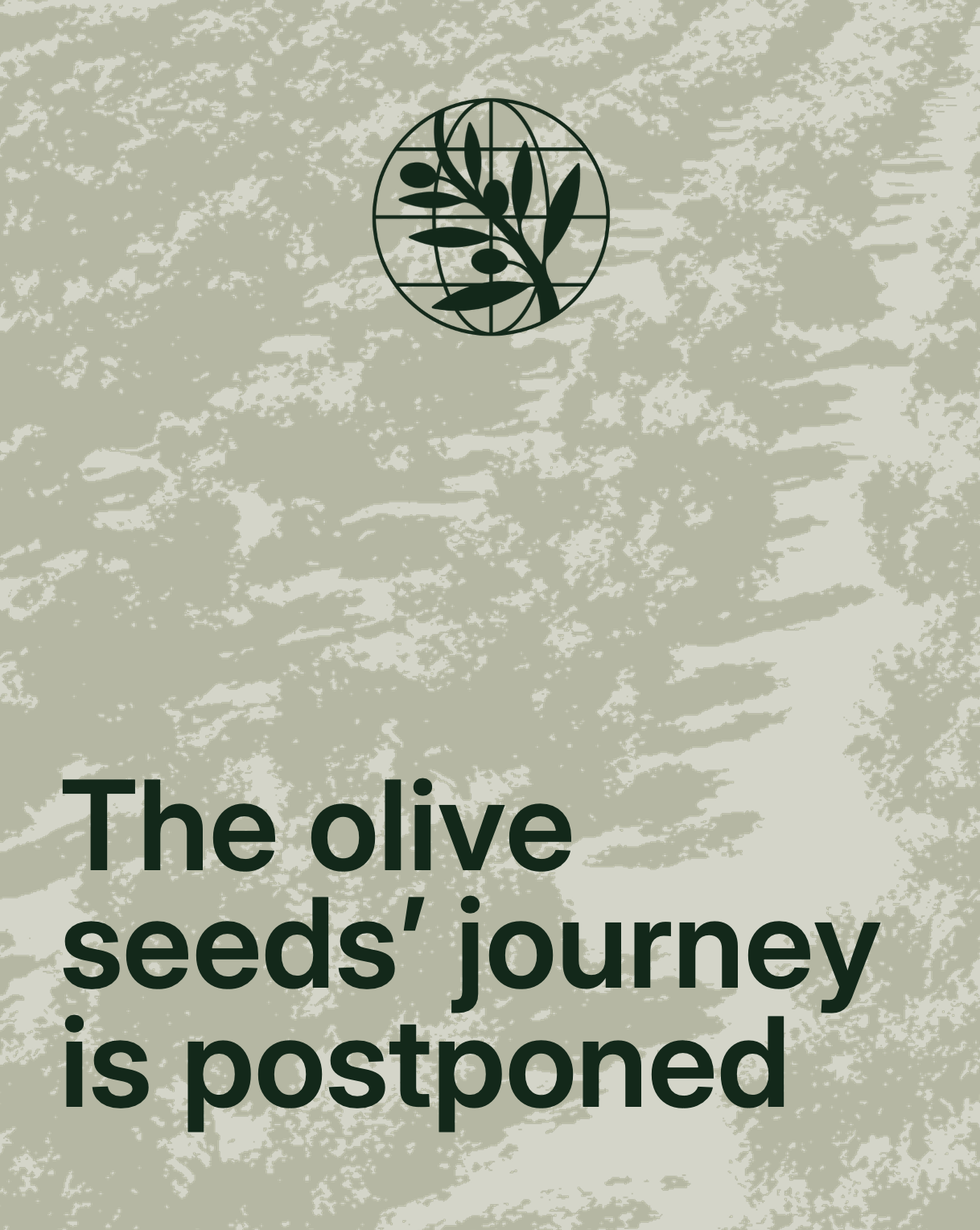The International Olive Council (IOC) is holding a high-level international workshop titled “Transfer of Olive Tree Genetic Resources and Associated Research Data: A Path to Solutions in the Adaptation to Climate Change” from 23 to 26 June 2025, in Rende, Italy. The event is organised in collaboration with the Zaragoza branch of the International Centre for Advanced Mediterranean Agronomic Studies (CIHEAM Zaragoza) and the Italian Council for Agricultural Research and Economics (CREA), drawing together key experts and institutions in olive genetics, plant breeding and agricultural policy.
The workshop has brought together curators of the eight international germplasm banks of the IOC network, managers of 14 national olive germplasm banks from across member countries, and representatives from international bodies such as the United Nations Food and Agriculture Organisation (FAO) and the Crop Trust. Together, they assessed the current status of the IOC network, explored collaboration with the FAO’s International Treaty on Plant Genetic Resources for Food and Agriculture (ITPGRFA) and Crop Trust, and discussed governance and recognition mechanisms to strengthen the IOC’s global network.
A key outcome of the workshop was the shared commitment to reinforce cooperation and data sharing across the IOC network, including efforts to integrate olive germplasm banks into global frameworks. An online survey was conducted ahead of the workshop to provide structured insights into the operations, resources and strategic needs of both international and national germplasm banks.
 In his remarks, IOC Deputy Executive Director Abderaouf Laajimi underscored the strategic importance of conserving olive genetic resources as a critical tool for adapting to climate change and preventing genetic erosion. He reaffirmed the IOC’s commitment to supporting the scientific community through enhanced collaboration with FAO and Crop Trust, which could provide both operational and financial resources to strengthen olive germplasm conservation.
In his remarks, IOC Deputy Executive Director Abderaouf Laajimi underscored the strategic importance of conserving olive genetic resources as a critical tool for adapting to climate change and preventing genetic erosion. He reaffirmed the IOC’s commitment to supporting the scientific community through enhanced collaboration with FAO and Crop Trust, which could provide both operational and financial resources to strengthen olive germplasm conservation.
Currently, the IOC has recognised eight international germplasm banks in: Spain (University of Córdoba, IFAPA); Morocco (INRA Marrakech); Türkiye (ORI); Argentina (INTA); Israel (Volcani Institute); Iran IR (ARG, Agriculture Jihad Ministry); Greece (ELGO-Demetra); and Italy (CREA-OFA). The 14 national olive germplasm banks are located in the following IOC member countries: Albania, Algeria, Croatia, Cyprus, Egypt, France, Jordan, Lebanon, Libya, Montenegro, Portugal, Palestine, Tunisia and Uruguay.
This workshop marked a significant step forward in the global coordination of olive genetic resource conservation and paves the way for a more resilient and sustainable olive sector.










